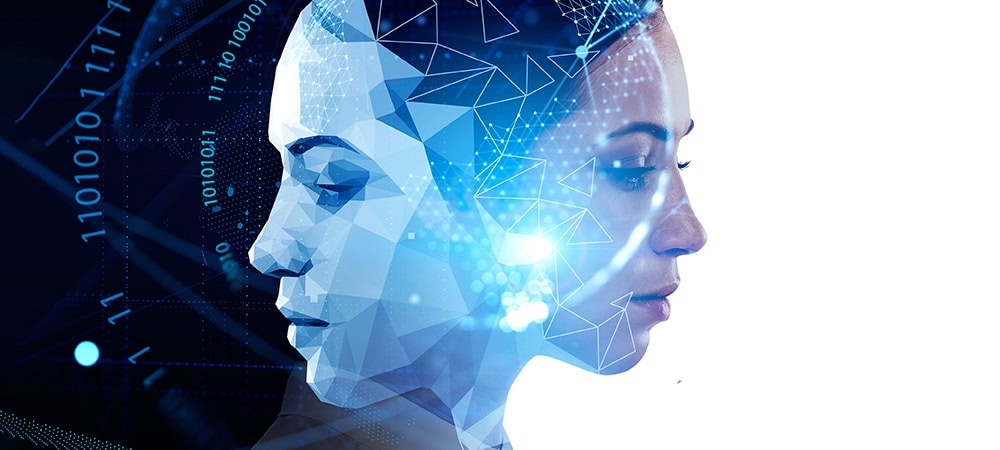Data Exchange and Automation


Trends in the digital transformation of business processes
In the course of digital transformation, companies are adapting their business processes, culture and customer experience to the opportunities and requirements of digital technologies. Consumers should find what they need quickly and encounter as few obstacles as possible in their user experience, see also SAP Datasphere. Companies are therefore striving to better understand the needs and interests of their clientele in order to design suitable offerings with a seamless user experience for them.
How companies collect, process and evaluate data thus plays a central role in their future viability and profitability. Consequently, organizations must redesign and rearrange their existing structures in order to be able to develop and roll out innovative services and business models. Some major current trends in the digital business world show the changes that can be associated with this.
Digital twins
The digital twin, a virtual representation of real systems or products, is used to gain better insight into business processes and predict outcomes with real-time synchronization. The Internet of Things (IoT) has driven digital twin initiatives with the application area of supply chain management, where product design optimization and business process streamlining are key.
Platform connectivity will further accelerate the adoption of the digital twin this year and spawn new uses. For example, a digital twin that draws on real-world customer data can be used to improve enterprise software products. For example, one could survey whether customers use a particular feature, how they like to receive notifications, or how they engage with other users while using it.
Blockchain
In recent years, Blockchain has been deemed the foundation for a new B2B integration model that would eventually replace EDI (Electronic Data Interchange) entirely. However, even as Blockchain solidifies its position in finance, the B2B market for Blockchain has now disappeared and companies are realizing that while Blockchain can be useful for traceability and digital trusted third party in certain use cases, the core B2B integration that EDI provides is still the most efficient way to integrate large partner communities.
The background to these developments is the ongoing geopolitical shifts that are forcing companies to rethink their supply chains. Some are shifting their supplier relationships to new regions, while others are seeking to diversify their supplier community. For all, however, identifying risks for supply chain disruption early is a key concern. As a result, companies will focus on leveraging the APIs of their B2B ecosystem to develop solutions that manage supply chain complexity and provide visibility.
DevOps and digital marketplaces
For enterprises opening up their digital ecosystems, it is necessary to be able to deploy and run applications end-to-end. Until now, this has largely been accomplished by individual, advanced development teams within the enterprise. To accelerate development cycles and deliver applications in an automated manner, they collectively shared their DevOps tools and practices with all stakeholders as part of a CI-CD pipeline approach. In 2023, platform engineering will make like self-serve capabilities for DevOps mass-marketable, with internal developer platforms that remove operational barriers and bridge all involved developers. Platform engineering will also make it easier to measure delivery and quality improvements, which was previously impossible with shadow operations or disjointed DevOps efforts.
It can be seen that companies across the board have developed resilient plans to enable them to navigate flexibly through the somewhat uncertain terrain of digital transformation. The numerous structural changes currently taking place in organizations are also accompanied by changing requirements for specialist staff, which means that a new task is already on the horizon: According to a recent survey by IT services provider Axway, 86 percent of IT and business decision-makers expect there to be a demand gap for software and architectural engineers in the coming years due to increased demand. It remains to be seen what approaches companies will take to meet this challenge and to what extent AI technologies can contribute to the solution.






